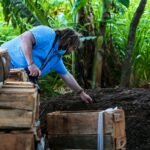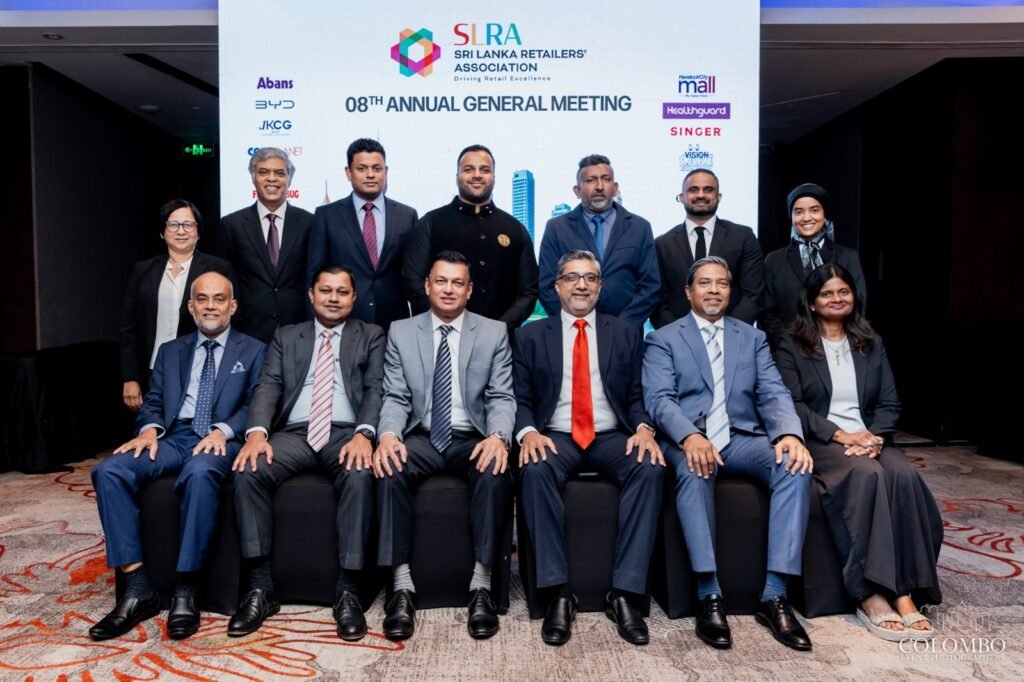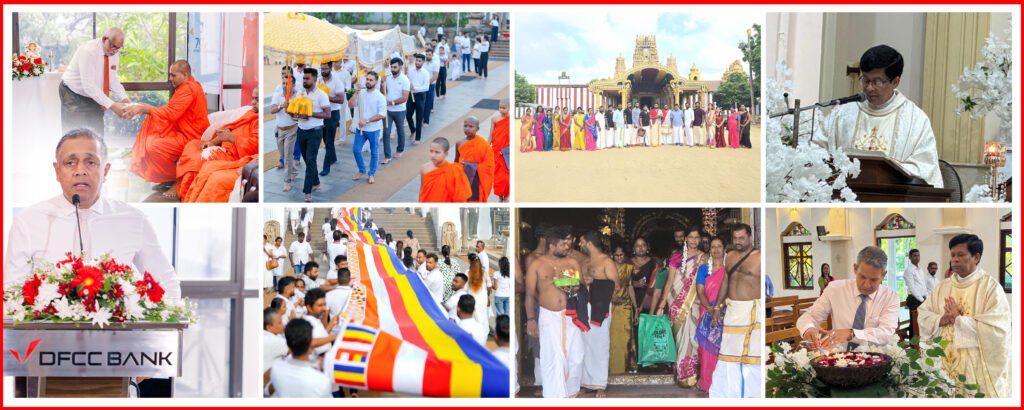A. Baur & Co. (Pvt.) Ltd., widely known as Baurs, a diversified business group and one of the pioneering innovators in agriculture in Sri Lanka, recently shared preliminary key insights and solutions for the country’s farming industry to successfully master the conversion from conventional to organic, backed by scientific evidence and sound knowledge drawing from both professional and practical experiences.
A. Baur & Co. (Pvt.) Ltd (Baurs), together with its contracted institutions namely Research Institute of Organic Agriculture (FiBL) and School of Agricultural, Forest and Food Sciences (HAFL), in their findings upon their study visit suggested necessary steps for the country to embrace a successful transition from conventional to an organic production system within a short period of time.
The report highlighted that the conversion to an agricultural system without using synthetic fertilizers cannot function by just replacing mineral fertilizers with organic fertilizers, citing the fact that there needs to be sufficient organic fertilizers, including the importance of reactivating soils biologically as the current soil-plant system, accustomed to mineral fertilizers, is not adapted to digest and use them. Additionally, it also mentioned that larger quantities of raw materials need to be transported and spread in fields.
It stressed that the ecological conversion to an organic one requires a holistic change of concept, which will take several years including efforts towards capacity development. However, given the immediate ban in the country it recommended that farmers be provided with options for soil fertility management without synthetic fertilizers for the ongoing Maha season.
As the first step, it recommended large amounts of organic fertilizers be organized by importing such products and begin capitalizing on natural sources of nitrogen. Parallelly, potential sources of organic remains, such as waste from the food industry and markets and remains from the animal industry for instance, must be identified and explored in ways to valorize them as organic fertilizers. And that such recycling will also close nutrient cycles, contributing to a positive environmental impact.
Compost should play a crucial role especially in its role to activate soil biology and its contribution to stabilize soil structure which in turn brings numerous benefits, citing that quality composts can also reduce the incidence of plant diseases.
Secondly, it suggested a new holistic management towards agricultural production be undertaken which requires more time, supported by relevant skills and knowledge. Crop rotations or mixed cropping techniques, soil fertility management and selecting crop varieties that are appropriate for organic production are important tasks to act upon, all of which will result in an efficient and sustainable system in the long term.
Baurs is actively engaging with the team of senior experts from FiBL and HAFL who are also coordinating their efforts together with other relevant organisations, with the view of continuously studying the country’s ecological landscape and provide the best scientific and practical solutions and knowledge to embrace the transition challenge.






